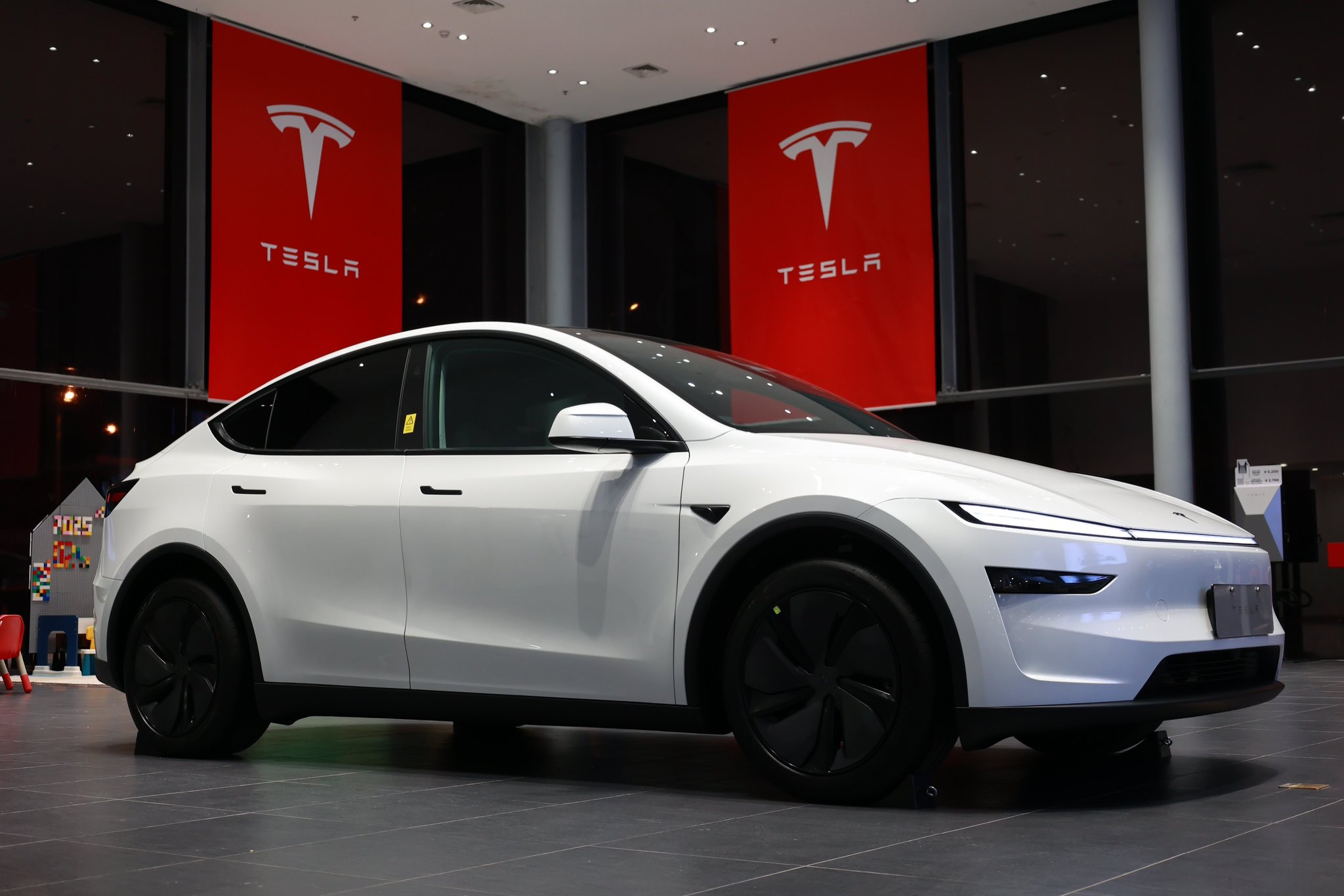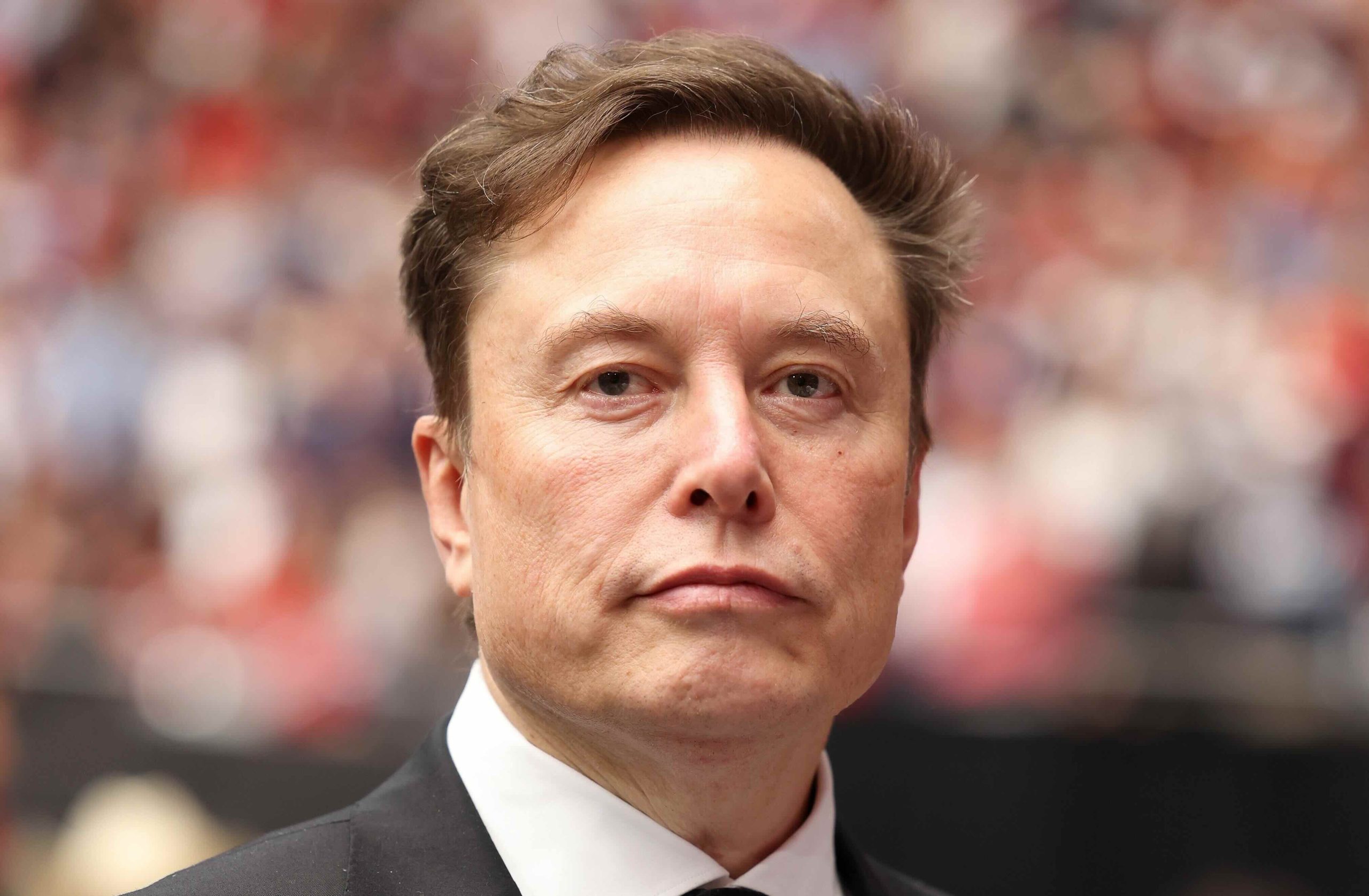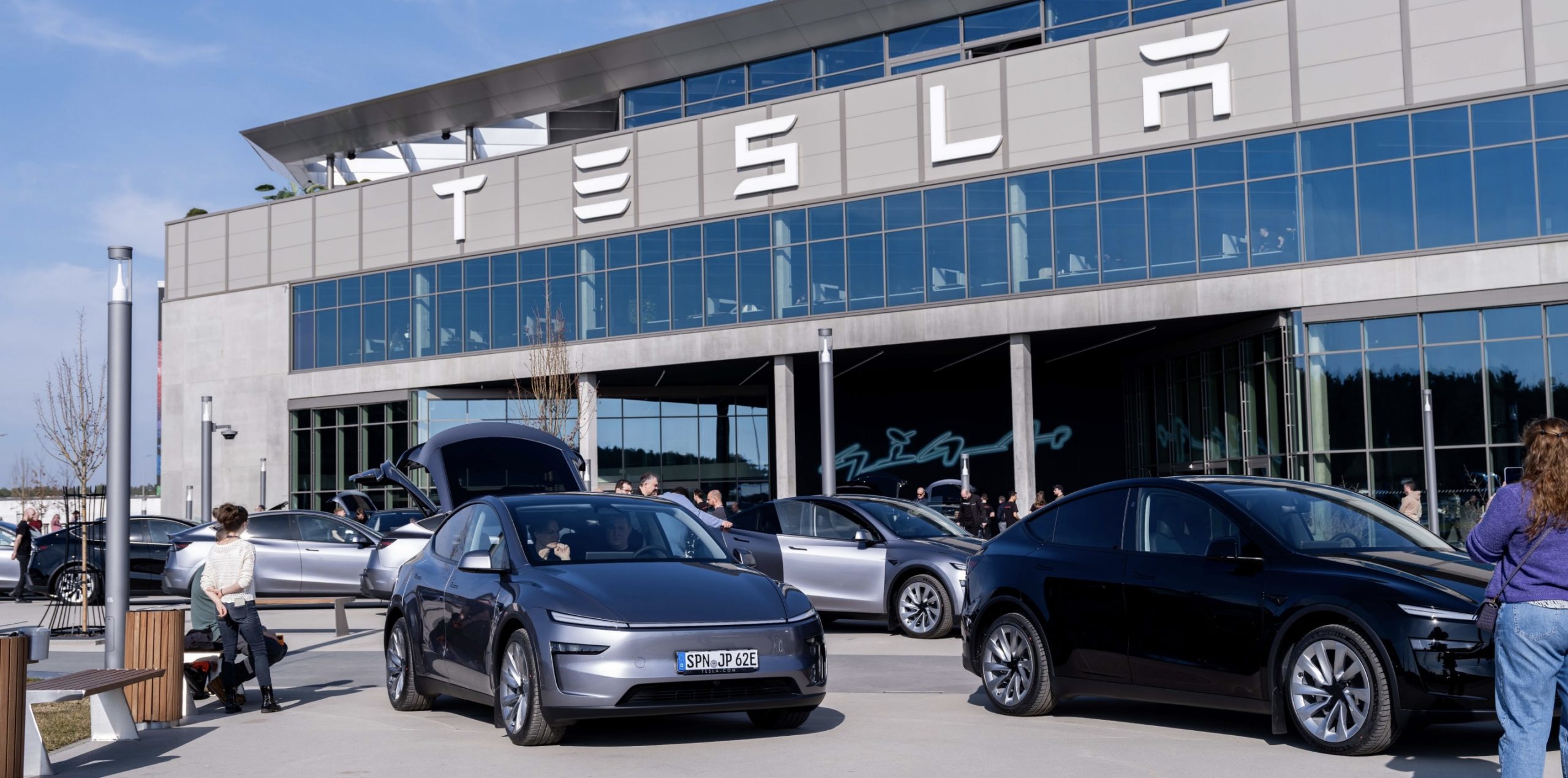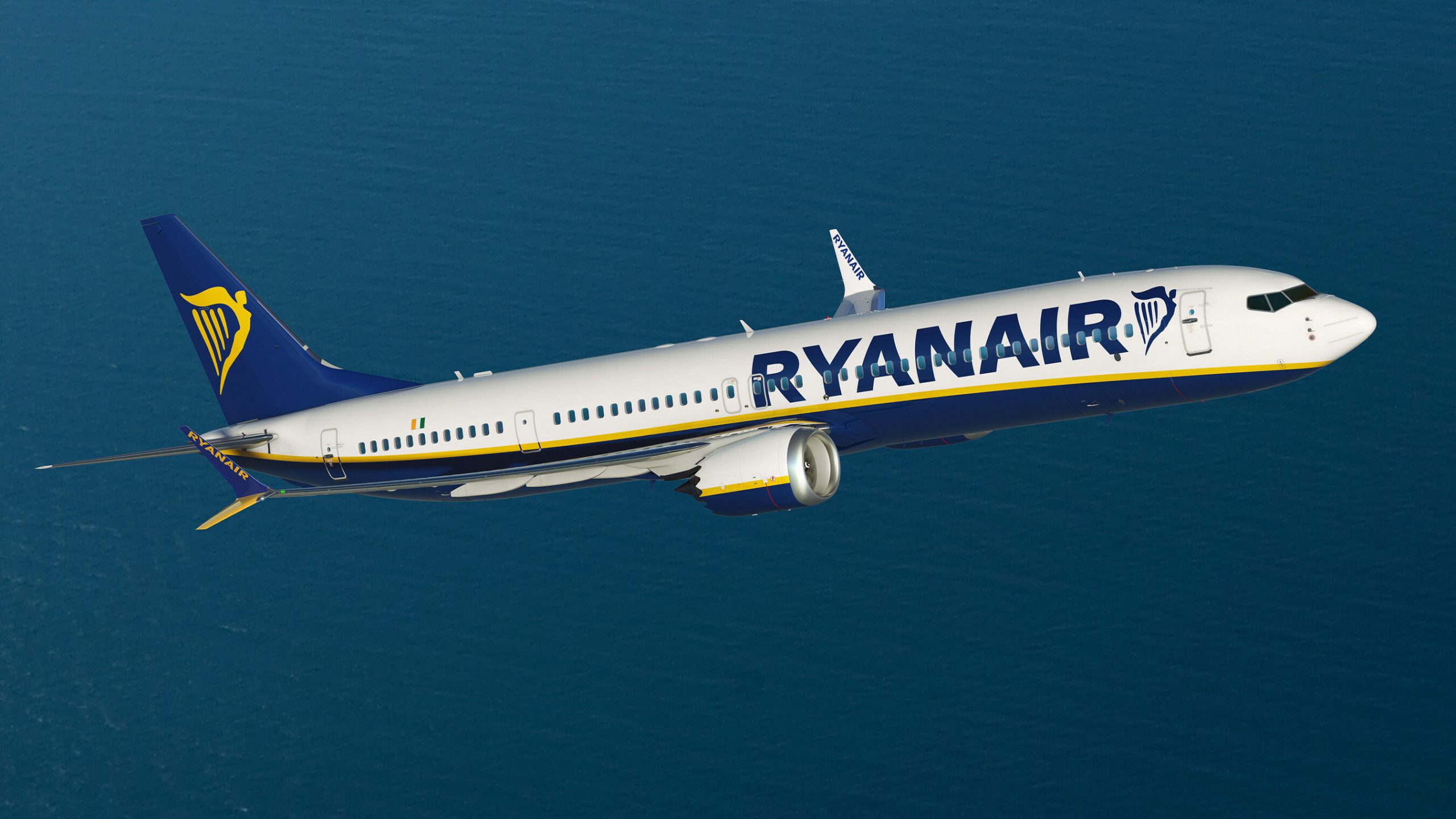News
Tesla China’s rumored Model Y “E80” variant: Alleged price, features, and more
The vehicle will reportedly be a more affordable variant of the best-selling Model Y crossover.

Recent reports from Chinese social media and news outlets have shared some rumors about an upcoming vehicle that Tesla China is reportedly developing.
Rumored to be internally codenamed as “E80,” the vehicle will reportedly be a more affordable variant of the best-selling Model Y crossover.
The Model Y “E80” Rumors
As per the recent rumors, which were initially posted on Chinese social media, the Model Y “E80” will reportedly be equipped with a 50-55 kWh battery. The vehicle’s launch will reportedly be determined by the market performance of the new Model Y, though some rumors suggest that its rollout could be as early as the second half of 2025, or sometime in 2026.
Rumors about the vehicle’s price are varied, with some news outlets stating that the “E80” will be priced at around 150,000-170,000 yuan ($20,500-$23,300), while others cited a price of 190,000–210,000 ($26,000–$28,800). For context, the new Model Y in China today is priced at 263,500-313,500 yuan ($36,160-$43,000) depending on its variant.
Being an affordable variant of the new Model Y, he “E80” will reportedly be quite different from its more premium siblings. The vehicle will reportedly be fitted with smaller wheels, single-layer windows on its sides, no rear display, half the number of speakers, single-color ambient interior lighting, fabric seats with no heating or ventilation functions, a manual trunk, and a metal roof.
Rumored, But Not Farfetched
While these rumors about the alleged Model Y “E80” from China are not confirmed at all, Tesla has released a pretty similar, stripped-out variant for one of its current vehicles—the Cybertruck. Just recently, Tesla introduced the Cybertruck Long Range Rear Wheel Drive (LR RWD), which costs $10,000 less than the Cybertruck All Wheel Drive (AWD). The vehicle featured smaller wheels, fabric seats, less than half the number of speakers, and no rear display, among others.
A more affordable Model Y was teased by Tesla VP of Engineering Lars Moravy, who noted that Tesla’s affordable models will likely resemble the company’s current products. “Models that come out in next months will be built on our lines and will resemble, in form and shape, the cars we currently make. And the key is that they’ll be affordable, and you’ll be able to buy one,” Moravy stated during the Tesla Q1 2025 earnings call.

Elon Musk
Elon Musk to attend 2026 World Economic Forum at Davos
The Tesla CEO was confirmed as a last-minute speaker for a session with BlackRock CEO Larry Fink.

Elon Musk is poised to attend the 2026 World Economic Forum in Davos. The Tesla CEO was confirmed as a last-minute speaker for a session with BlackRock CEO Larry Fink, signaling a thaw in Musk’s long-strained relationship with the event.
A late addition
Organizers of the World Economic Forum confirmed that Elon Musk was added shortly before the event to a Thursday afternoon session, where he was scheduled to speak with Fink, as noted in a Bloomberg News report. Musk’s upcoming appearance marks Musk’s first participation in the forum, which annually draws political leaders, business executives, and global media to Davos, Switzerland.
Musk’s attendance represents a departure from his past stance toward the event. He had been invited in prior years but declined to attend, including in 2024. His upcoming appearance followed remarks from his political ally, Donald Trump, who addressed the forum earlier in the week with a wide-ranging speech.
A previously strained relationship
Musk had frequently criticized the World Economic Forum in the past, describing it as elitist and questioning its influence. In earlier posts, he characterized the gathering as “boring” and accused it of functioning like an unelected global authority. Those remarks contributed to a long-running distance between Musk and WEF organizers.
The forum previously said Musk had not been invited since 2015, though that position has since shifted. Organizers indicated last year that Musk was welcome amid heightened interest in his political and business activities, including his involvement in the Trump administration’s Department of Government Efficiency (DOGE). Musk later stepped away from that role.
Despite his friction with the World Economic Forum, Musk has remained central to several global events, from SpaceX’s provision of satellite internet services in geopolitically sensitive regions through Starlink to the growing use of xAI’s Grok in U.S. government applications.
News
Tesla states Giga Berlin workforce is stable, rejects media report
As per the electric vehicle maker, production and employment levels at the facility remain stable.

Tesla Germany has denied recent reports alleging that it has significantly reduced staffing at Gigafactory Berlin. As per the electric vehicle maker, production and employment levels at the facility remain stable.
Tesla denies Giga Berlin job cuts report
On Wednesday, German publication Handelsblatt reported that Tesla’s workforce in Gigafactory Berlin had been reduced by about 1,700 since 2024, a 14% drop. The publication cited internal documents as its source for its report.
In a statement to Reuters, Tesla Germany stated that there has been no significant reduction in permanent staff at its Gigafactory in Grünheide compared with 2024, and that there are no plans to curb production or cut jobs at the facility.
“Compared to 2024, there has been no significant reduction in the number of permanent staff. Nor are there any such plans. Compared to 2024, there has been no significant reduction in the number of permanent staff. Nor are there any such plans,” Tesla noted in an emailed statement.
Tesla Germany also noted that it’s “completely normal” for a facility like Giga Berlin to see fluctuations in its headcount.
A likely explanation
There might be a pretty good reason why Giga Berlin reduced its headcount in 2024. As highlighted by industry watcher Alex Voigt, in April of that year, Elon Musk reduced Tesla’s global workforce by more than 10% as part of an effort to lower costs and improve productivity. At the time, several notable executives departed the company, and the Supercharger team was culled.
As with Tesla’s other factories worldwide, Giga Berlin adjusted staffing during that period as well. This could suggest that a substantial number of the 1,700 employees reported by Handelsblatt were likely part of the workers who were let go by Elon Musk during Tesla’s last major workforce reduction.
In contrast to claims of contraction, Tesla has repeatedly signaled plans to expand production capacity in Germany. Giga Berlin factory manager André Thierig has stated on several occasions that the site is expected to increase output in 2026, reinforcing the idea that the facility’s long-term trajectory remains growth-oriented.
News
Elon Musk gets brash response from Ryanair CEO, who thanks him for booking increase

Elon Musk got a brash response from Ryanair CEO Michael O’Leary, who said in a press conference on Wednesday afternoon that the Tesla frontman’s criticism of the airline not equipping Starlink has increased bookings for the next few months.
The two have had a continuing feud over the past several weeks after Musk criticized the airline for not using Starlink for its flights, which would enable fast, free, and reliable Wi-Fi on its aircraft.
Tesla CEO Elon Musk trolls budget airline after it refuses Starlink on its planes
Musk said earlier this week that he was entertaining the idea of purchasing Ryanair and putting someone named Ryan in charge, which would oust O’Leary from his position.
However, the barbs continued today, as O’Leary held a press conference, aiming to dispel any beliefs about Starlink and its use case for Ryanair flights, which are typically short in length.
O’Leary said in the press conference today:
“The Starlink people believe that 90% of our passengers would happily pay for wifi access. Our experience tells us less than 10% would pay; He (Elon) called me a retar*ed twat. He would have to join the back of a very, very long queue of people that already think I’m a retar*ed twat, including my four teenage children.”
He then went on to say that, due to Musk’s publicity, bookings for Ryanair flights have increased over the past few days, up 2 to 3 percent:
“But we do want to thank him for the wonderful boost in publicity. Our bookings are up 2-3% in the last few days. So thank you to Mr. Musk, but he’s wrong on the fuel drag. Non-European citizens cannot own a majority of European airlines, but if he wants to invest in Ryanair, we think it would be a very good investment.”
O’Leary didn’t end there, as he called Musk’s social media platform X a “cesspit,” and said he has no concern over becoming a member of it. However, Ryanair has been very active on X for several years, gaining notoriety for being comical and lighthearted.
🚨 Ryanair CEO’s comments on X and Starlink today at the planned presser.
Strange comments here, it just feels like it’s time to end all this crap https://t.co/NYeG95bM82
— TESLARATI (@Teslarati) January 21, 2026
The public spat between the two has definitely benefited Ryanair, and many are calling for it to end, especially those who support Musk, as they see it as a distraction.
Nevertheless, it is likely going to end with no real movement either way, and is more than likely just a bit of hilarity between the two parties that will end in the coming days.








